오늘은 2024년 1월 20일, 토요일이에요. 새벽 네 시쯤에 일어났어요. 일어나자마자 운동한 후에 커피를 내렸어요. 커피를 마시면서 군대에서 일하는 친구한테 편지를 썼어요. 주말이라서 일 안 했어요. 낮에 집 청소했어요. 청소하는 데 한 시간쯤 걸렸어요.
오늘은 2023년 11월 27일 월요일이에요. 아침 여섯 시에 일어났어요. 잘 잤어요. 12 시간 일했어요. 요즘에 많이 일해요! 내년 봄에 한국 가고 싶어요. 선생님이 저에게 더 한국어를 공부해야 한다고 말하셨어요.
오늘은 2023년 11월 26일 일요일이에요. 아침 네 시에 일어났어요. 저는 잘 잤어요. 아침으로 스테이크와 달걀 타코를 먹었어요. 아주 맛있었어요. 이번 주에 많이 쉬었어요. 내일 일해야 해요.
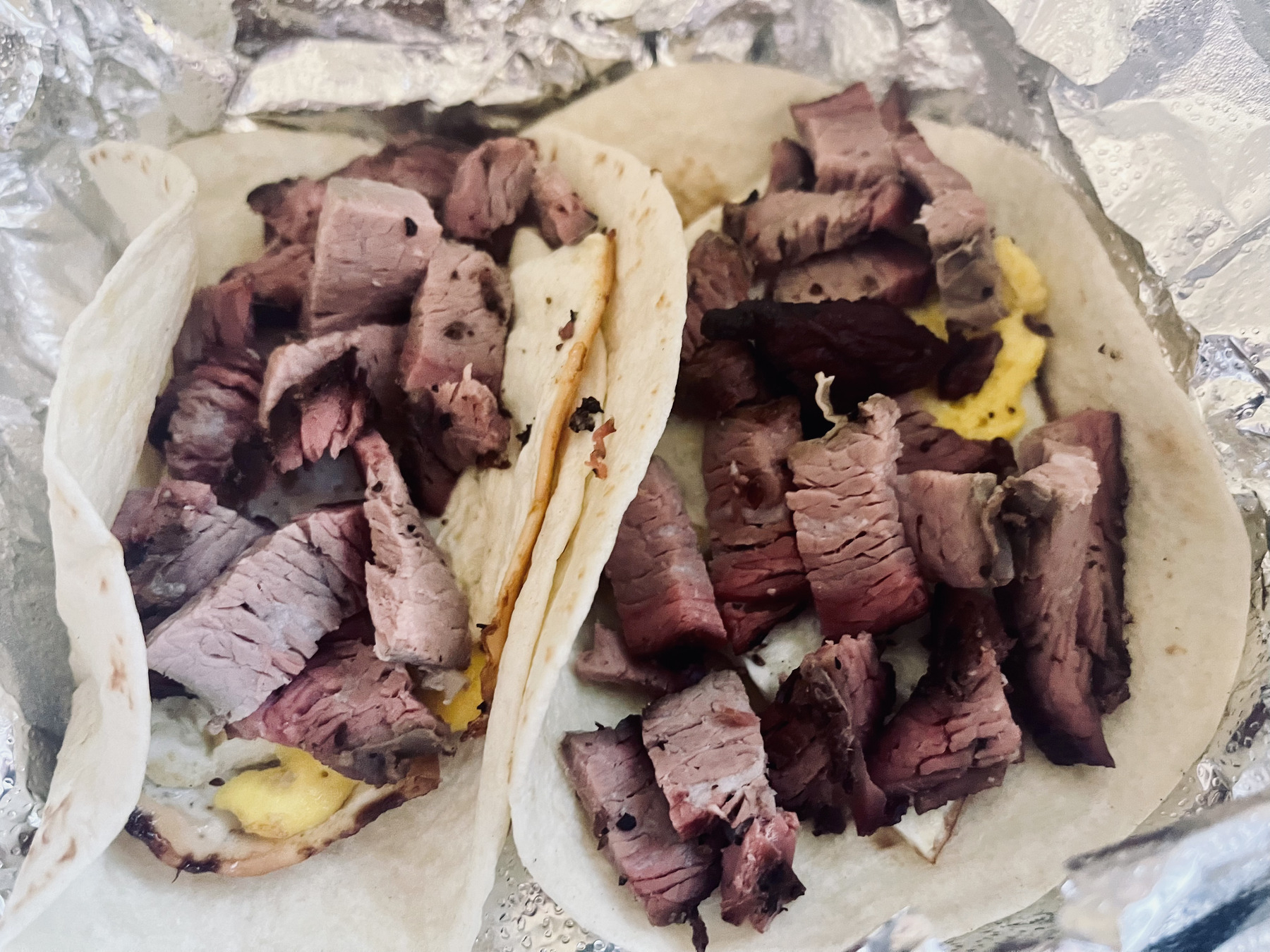
2023년 11월 20일이에요. 월요일이에요. 아침 다섯 시에 일어났어요. 커피가 맛있어 보여서 커피 세 잔 마셨어요. AI 재미있어 보여서 하루종일 AI에 대한 일했어요. AI에 대해서 더 알게 됐어요. AI에 대해서 똑똑해졌어요. 입맛이 없어서 안 먹었어요. 한국어 열심히 공부해야 돼요. 한국어 노트를 읽고 일기 쓸 거예요. 3년 전에 한국어로 일기 못 썼지만 지금 한국어로 쓸 수 있게 됐어요. 일기 쓰는 것이 쉬워졌어요.
오늘은 2023년 11월 5일 일요일이에요. 잘 잤기 때문에 아침 여섯 시에 일어났어요. 일어나자마자 깨려고 에스프레소를 만들었어요. 밤이라도 커피 마셔요. 커피 마셔도 잘 수 있어요.
오늘은 2023년 11월 04일 토요일이에요. 하루 종일 쉬었어요. 이번 주 일이 힘들었어요. 타코가 맛있어서 다시 만들었어요.
오늘은 2023년 11월 3일 금요일이에요. 이른 아침 여섯 시에 일어나서 회의했어요. 점심으로 돼지고기 타코 만들었어요. 배고파서 타코 세 개 만들었어요. 제가 만든 타코 맛있을까요? 네!! 진짜 맛있었어요. 맛있으니까 타코 여러분도 만들어요! 다시 일요일에 타코 만들래요. 다음에 돼지고기하고 닭고기 섞을래요. 지금 자러 갈래요.
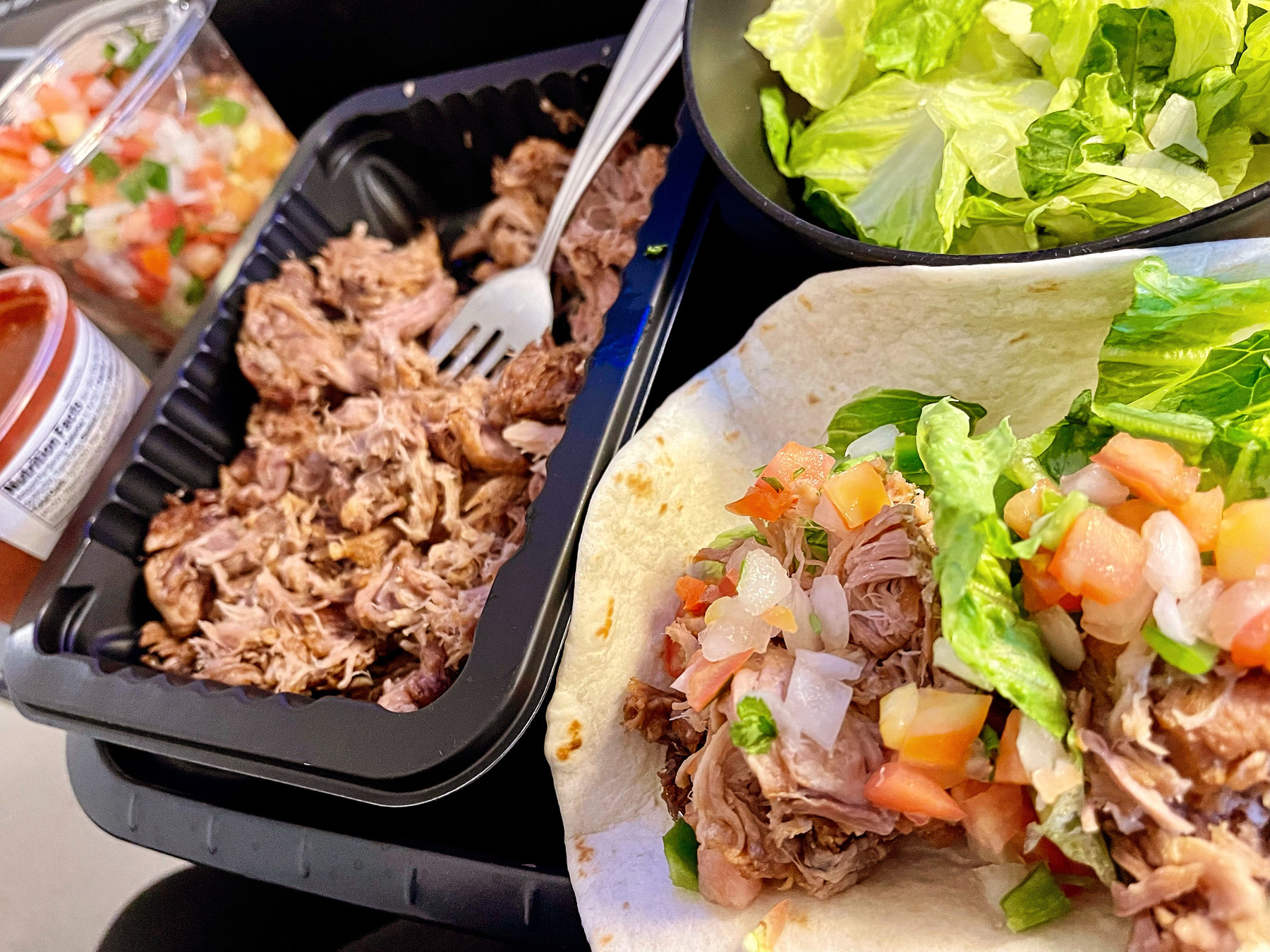
오늘은 2023년 10월 31일 화요일이에요. 해피 할로윈! 저는 저녁까지 하루 종일 먹지 않았어요. 치즈와 피망이 들어간 포르토벨로 버섯 두 개를 만들었어요. 정말 맛있었어요. 오늘은 열두 시간 동안 일했어요. 피곤해요. 곧 잘 거예요.
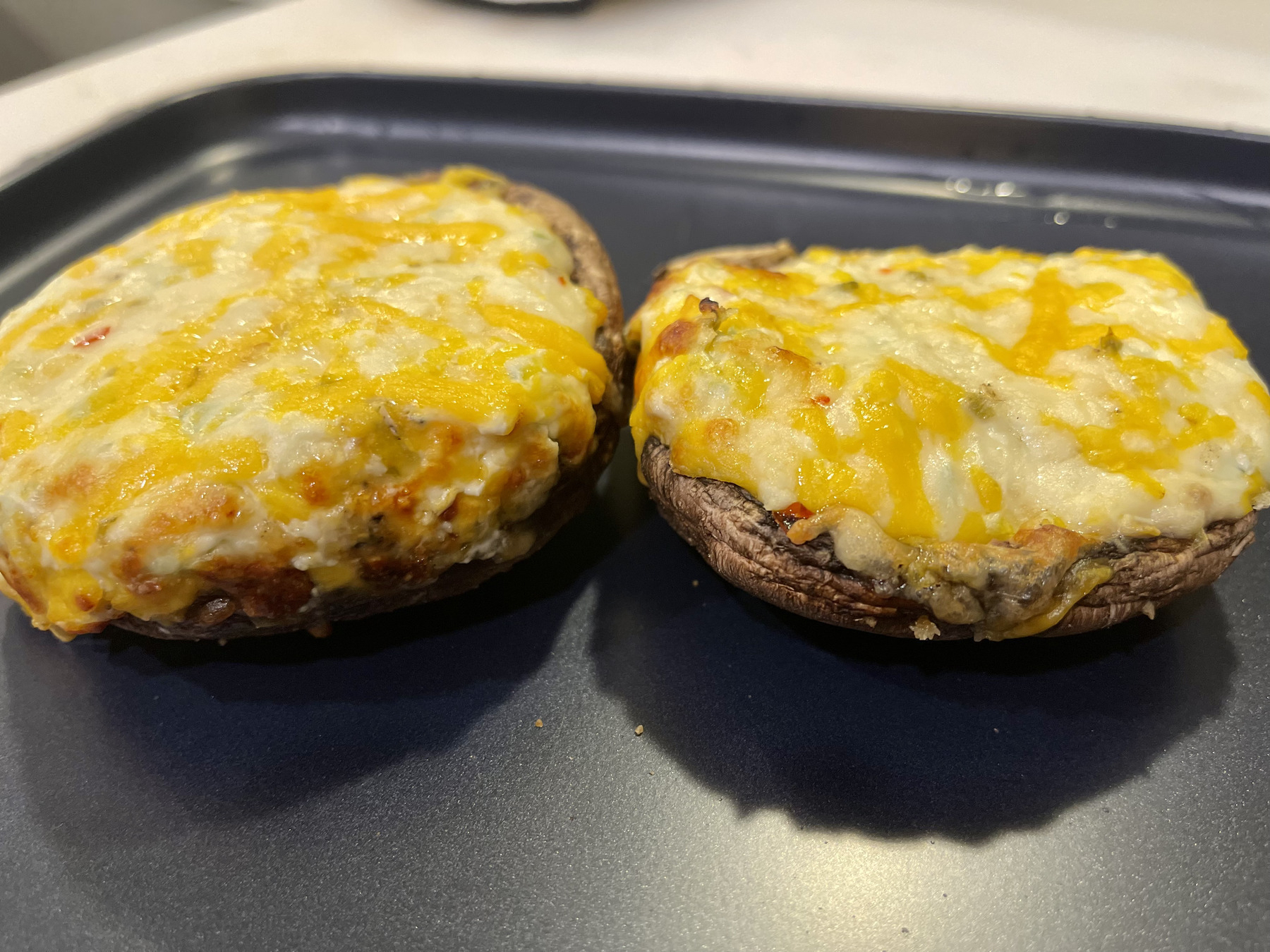
오늘은 2023년 10월 30일 월요일이에요. 백신 때문에 저는 아직 피곤해요. 피곤해서 많이 다시 잤어요. 아홉 시간 동안 잤어요. 제 친구 민지가 많이 쉬어라고 했어서 저는 했어요.
2023년 10월 29일 일요일이에요. 백신 때문에 오늘 열 시간 동안 잤어요. 많이 자서 기분이 좋아요. 점심에 돈고츠 라면 그 식당에서 주문해 봤어요. 진짜 맛있었어요. 저는 “배고프니까 빨리 만들어 주세요”라고 말했어요. 식당 사장님이 “만들어 줄게요”라고 말했어요. 라면 때문에 행복해요.
오늘은 2023년 10월 28일 토요일이에요. 아침에 저는 백신을 맞았어요 (독감이랑 코로나19). 열 시간 전에 백신을 맞았어요. 저는 괜찮아요. 점심 Lahori Chargha 주문했어요. 치킨 엄청 맛있었어요. 날씨 추워지고 있어요. 가을 좋아요.
저는 커피를 마시면서 Soma FM을 들으면서 일기 쓰고 있어요.
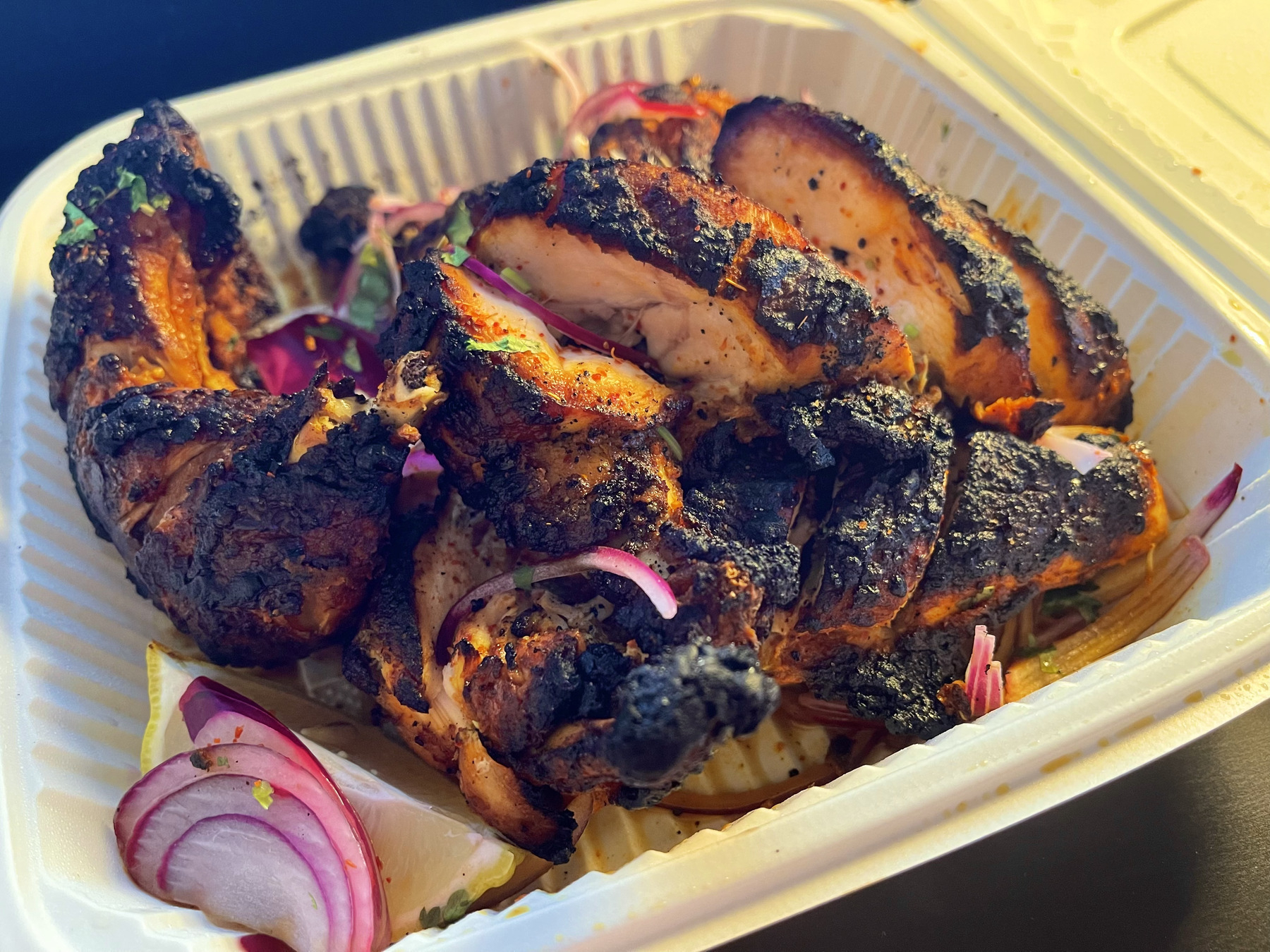
컨퍼런스 하는 중에 긴급 회의 많이 했어요. 점심 먹기 전에 회의 다섯 개 했어요. 점심 먹자마자 커피 마셨어요. 커피 마신 후에 기분이 좋았어요. 회의 했을 때 많이 말해서 목이 아파요. 저녁 아직 안 먹었어요. 점심 먹은 지 열 시간 됐어요. 이번 주가 끝나자마자 산에 가고 싶어요. 산에 간 지 6(육)일 됐어요. 등산하는 동안 말 안 할 거예요.
오늘은 2023년 10월 23일 월요일이에요. 5시에 일어났어요. 이번 주에 ‘컨퍼런스’ 있어요. 꼭 가야 돼요. 삼일 동안 할 거예요. 재미없을 거예요. 빨리 시간이 갔으면 좋겠어요. 컨퍼런스에서 핸드폰 쓰면 안 돼요. 적어도 이번에 발표하지 않아도 돼서. 다행이에요.
오늘은 2023년 10월 22일 일요일이에요. 아침 일곱 시에 제 커피머신이 고장나서 일어났어요. 일어나자마자 저는 네스프레소 커피 기계를 사러 가게에 갔어요. 이 기계로 만든 커피는 맛있지만 좀 비싸요.
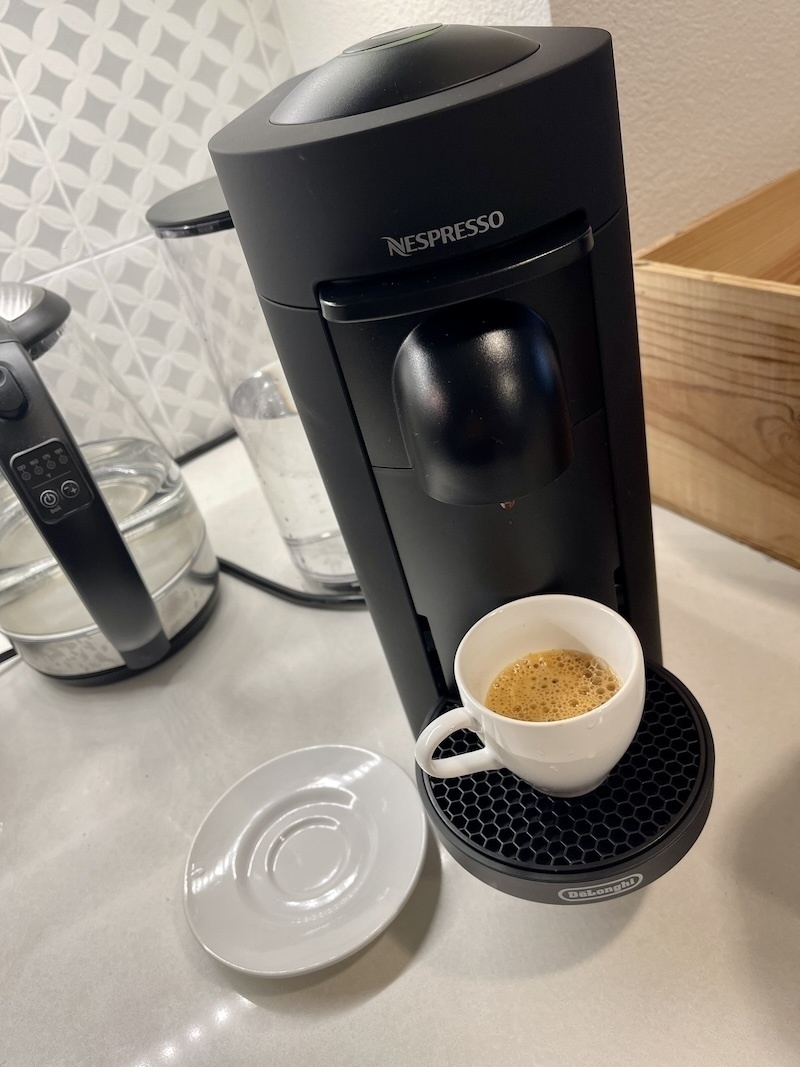
오늘은 2023년 10월 21일 토요일이에요. 일곱 시에 일어났어요. 쓰면서 커피 다섯 잔이나 마셨어요. 한시간 동안 산책했어요. 한국어 일기 더 쓰고 싶지만 많이 일해야 돼서 쓸 수 없어요. 오늘밤에 치킨이나 샐러드 먹을 거예요. 치킨하고 샐러드는 맛이 없지만 건강에 좋아요. 소고기보다 치킨이 건강에 좋은데, 치킨보다 소고기가 맛있어요. 하지만 차라리 피자하고 맥주 먹고 싶어요. 두달마다 피자 먹어요.
오늘은 2023년 10월 18일 수요일이에요. 평소처럼, 하루종일 저는 진짜 바빴어요. 하지만 기분이 괜찮아요. 아침 다섯 시에 일어났어요. 아침과 점심을 다시 먹지 않았어요. 저녁으로 자이로 맛있게 먹었어요.
오늘은 2023년 10월 17일 화요일이에요. 일은 엄청 바빴어요. 플래시카드를 좀 공부했어요. 하지만 저는 아주 피곤해요. 오늘 밤에 잘 잘 거예요.
오늘은 2023년 10월 16일 월요일이에요. 아침 여섯 시에 일어났어요. 삼십 분 운동했어요. 점심이랑 저녁으로 육개장, 불고기, 육개장 만두국 주문했어요. 아주 피곤해요. 월요일은 바쁘고 나쁜 편이에요. 내일 공부할 거예요.
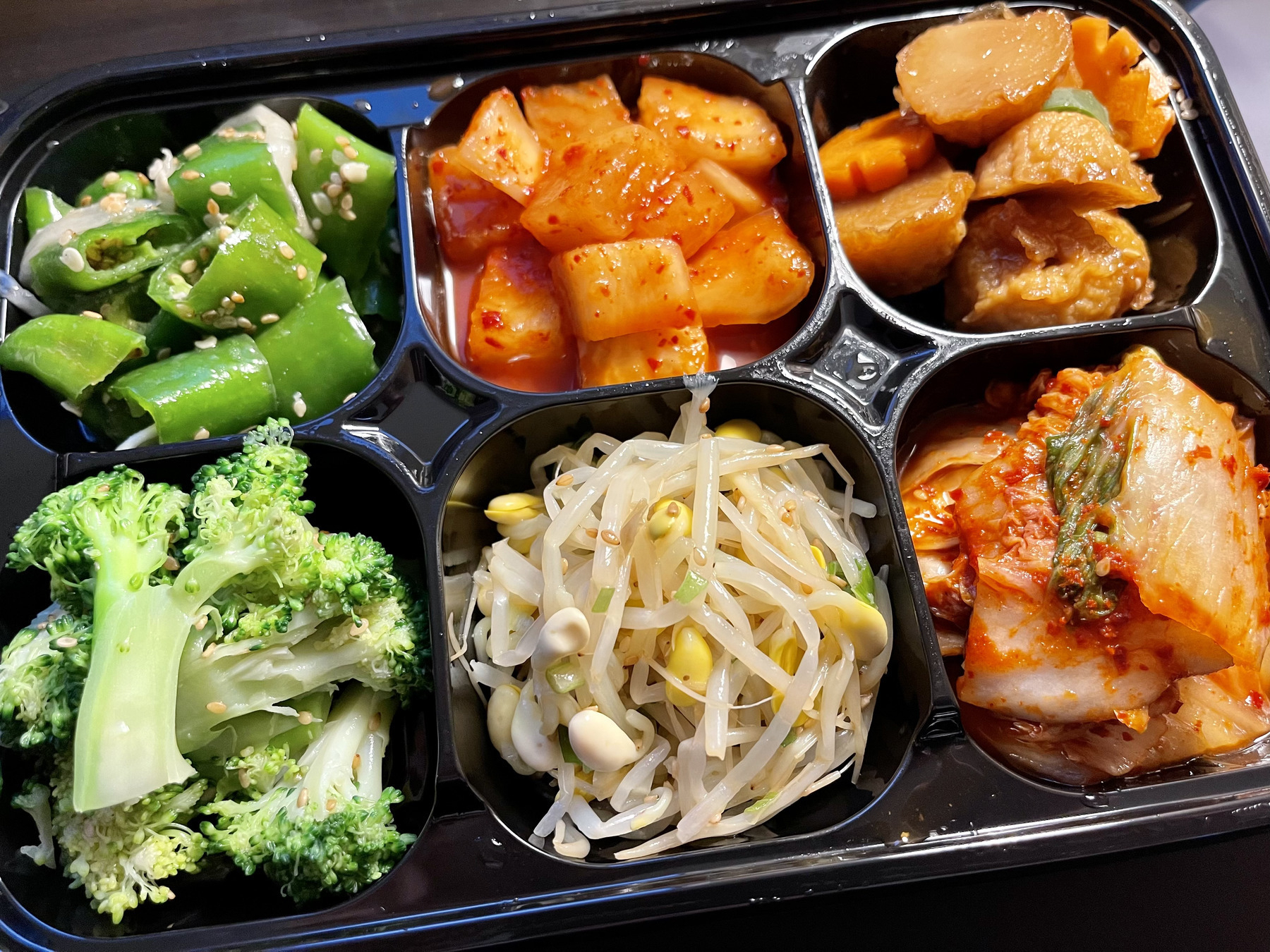

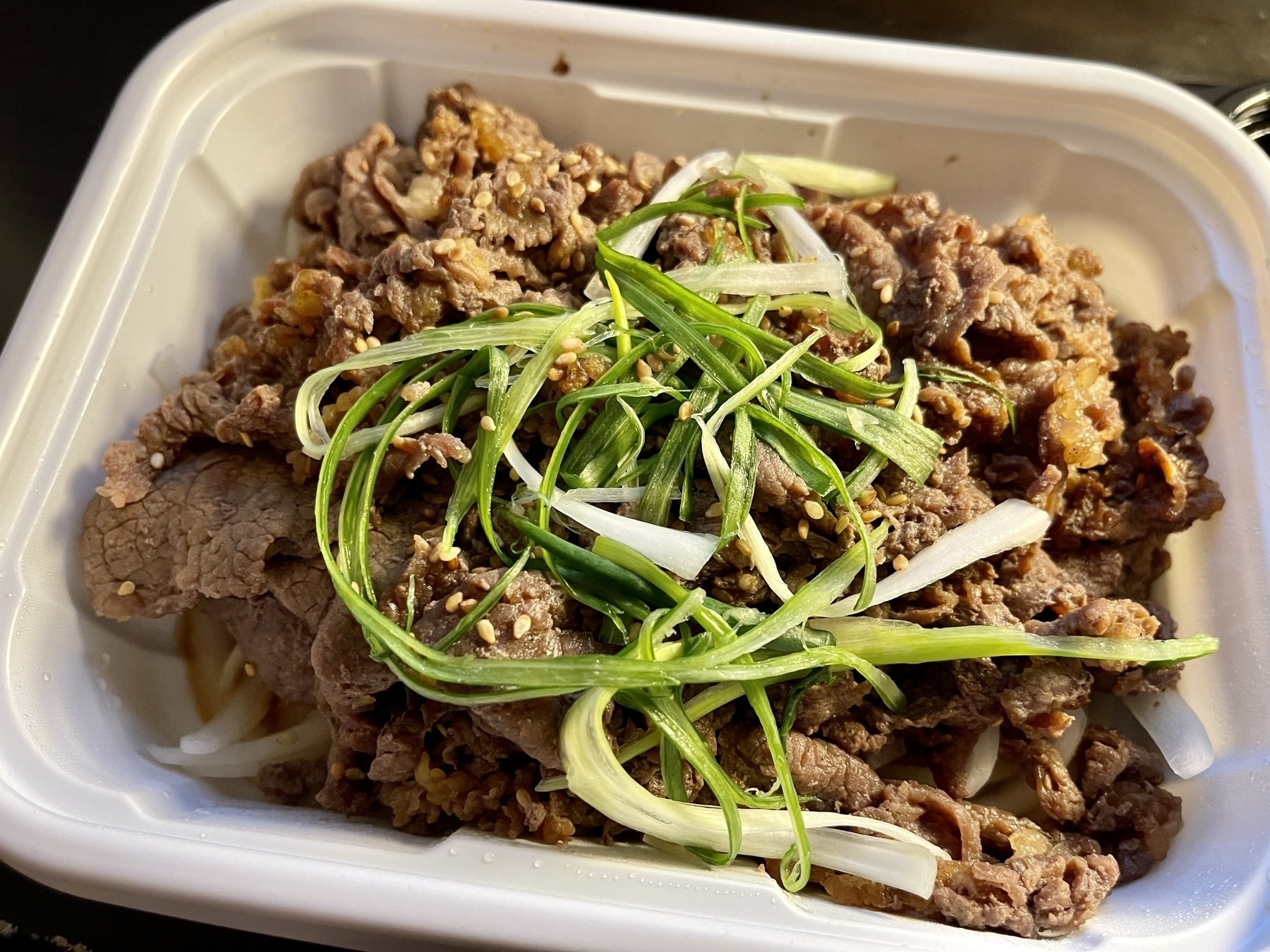
오늘은 2023년 10월 15일 일요일이에요. 어제 새 침구를 사서 잘 잤어요. 침대는 매우 따뜻했어요. 아침에 커피 마셨어요. 보통 커피를 마셔요. 점심으로 치킨 만들었어요. 괜찮았어요.
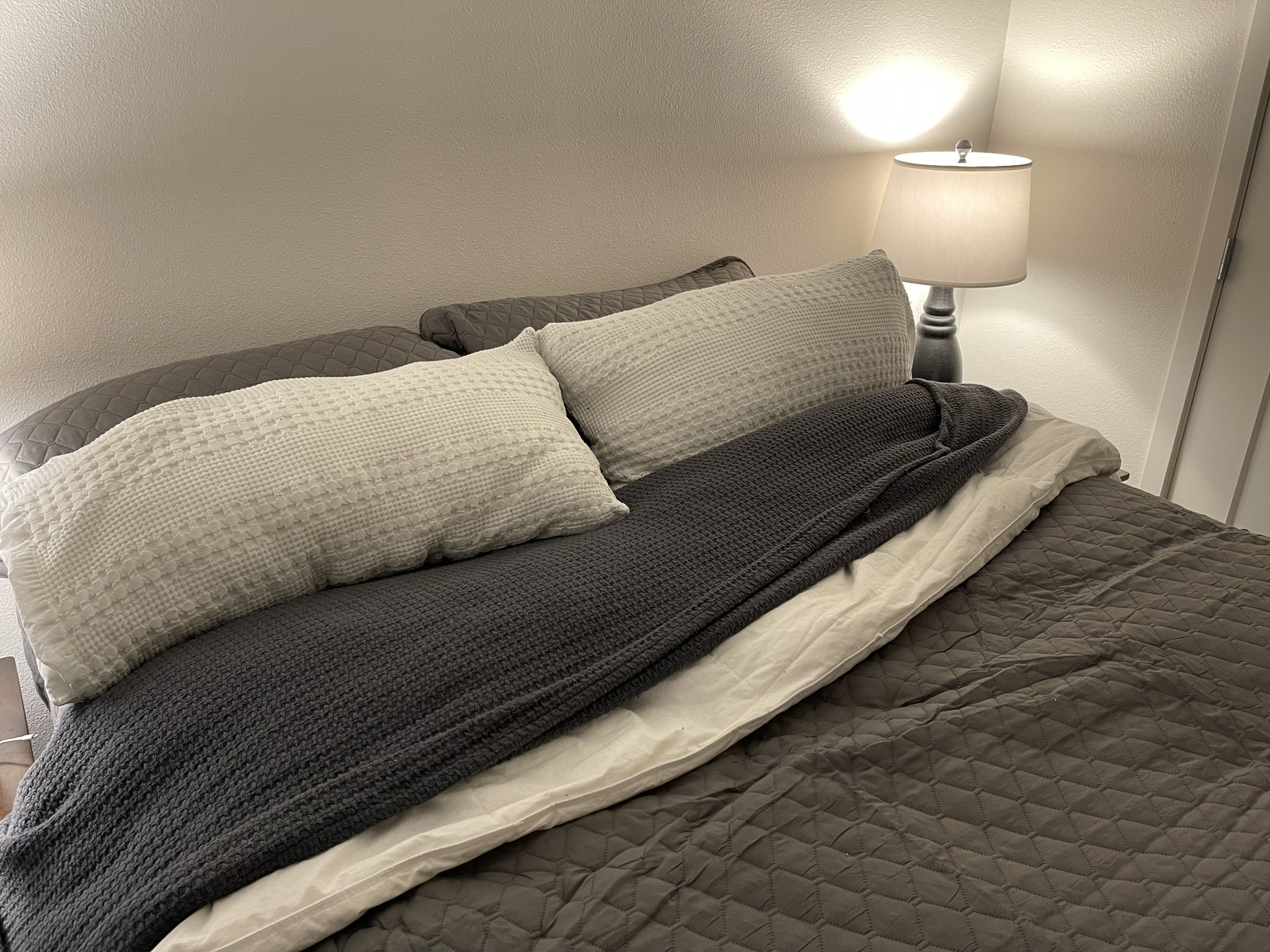
I asked ChatGPT for a quick refresher on Subject, Object, and Topic markers.
Note: While this provides a basic understanding of these markers, Korean grammar often possesses nuances that require exposure and practice to fully grasp. The same noun can sometimes be used as both the topic and the subject of a sentence, leading to different nuances in meaning and emphasis.
My Korean Diary generated this text in part with GPT-4, OpenAI’s large-scale language-generation model. Upon generating draft language, the author reviewed, edited, and revised the language to their own liking and takes ultimate responsibility for the content of this publication.
오늘은 2023년 10월 14일 토요일이에요. 많이 잤어서 기분이 좋아요. 아침과 점심을 다시 먹지 않았어요. 저녁에 그리스 음식 주문했어요. 구운 양고기가 맛있었어요. 그리스 음식 좋은 편이에요. 그리스 음식도 아주 좋지만 한국음식이 최고예요. 내년 한국 여행 하고 싶어요.
바빠서 아침하고 점심 먹지 못했어요. 좀 피곤해요. 퇴근 후에 피곤한 편이에요. 수업 때문에, 지금도 먹지 못해요. 어젯밤에 한국 음식 주문했어요. 매운 로제 떡볶이 맛있게 먹었어요. 먹자마자 행복하게 잠들었어요.

전쟁 때문에 요즘 바쁜 편이에요. 몇 달 지속될 것 같아요. 전쟁이 끝나면 좋을 것 같아요. 이스라엘 상황이 나쁘다고 생각해요. 많은 민간인들이 죽었다고 들었어요. 슬프다고 생각해요. 친구 민지가 좀 쉬고 차 만들고 밥 먹으라고 했어요. 수업이 끝나면 다시 일하러 갈 거예요.
오늘은 2023년 10월 9일 월요일이에요. 저는 이스라엘의 전쟁때문에 바쁘게 지냈어요. 열여섯 시간 동안 일했어요. 이번 주 많이 일할 거예요. 지금 잘 거예요. 무서운 세계이에요.
2023년 10월 6일이에요. 금요일이에요. 일 많이 했어요. 요즘 매우 바쁜 편이에요. 바빠서 점심 못 먹었어요. 일 많아서 시간 없었어요. 이번 주말에 산에 갈 것 같아요. 저는 산에 자주 가는 편이에요. 산에 가면 편안한 편이에요. 산이 높아 보여요. 등산 어려워 보이지만 재미있을 것 같아요. 집부터 산까지 차로 45분 걸려요. 빨리 운전하면 35분 걸려요. 민지가 빨리 운전하지 말라고 했어요. 민지가 천천히 운전하라고 했어요.